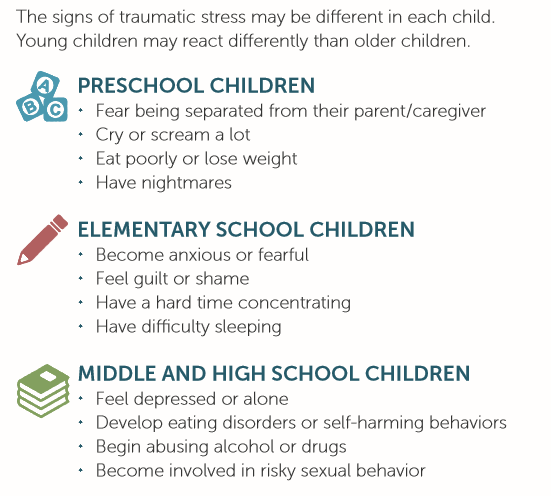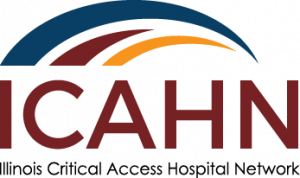06/02/2020
Responding to Community Violence
The events over the last week beginning in Minneapolis and spreading across the nation over the weekend have likely increased levels of stress and anxiety among children and families living in communities impacted by injustice, inequality, and violence. The stress of the pandemic and social distancing may also be increasing such feelings. Primary care providers and mental health professionals can help and support children and families who may be struggling. News reports and social media coverage of the events have been graphic and disturbing. Children and adolescents may experience a variety of emotions ranging from fear, stress, and anxiety to anger, frustration, and behavioral actions. During this time, it is important to remember to limit not only your exposure, but children and adolescent’s exposure, to the 24-hour a day news and social media cycle. Ensure that children are viewing information that is age-appropriate and have supportive adults available to discuss issues and questions that may arise from coverage of the violence not only in their communities, but across the nation. The American Academy of Pediatrics provides information and guidance in The Impact of Racism on Child and Adolescent Health.

The National Child Stress Initiative provides an infographic on recognizing traumatic stress in children.

To support children, families and communities, the following resources can be utilized by primary care providers, mental health professionals and other providers to assist families in navigating emotions and actions.
The Center for Racial Justice in Education has resources developed multiple resources to assist in talking to children about race, racism, and radicalized violence with children.The National Association of School Psychologists provides tips on talking to children about violence. The Substance Abuse and Mental Health Services Administration offers guidance on recognizing and addressing traumatic stress in children, including witnessing violence.
Medication Management During COVID-19
Navigating medication management with patients and families can be challenging in the best of situations. During the pandemic, it is important to remind your patients to maintain their medication routine. Patients may have trouble refilling medications. Manufacturers and pharmacies may have difficulty with production delays or disruptions because of gaps in the supply chain. Illinois DocAssist consultants are available to assist providers in determining if a medication regimen should be adjusted or changed in times of shortage or disruption. Ensuring that patients are refilling medication before they run out will help ensure medication is taken appropriately. Checking on medication shortages in your area and contacting local pharmacies for supply availability are important. The American Society of Health Systems Pharmacists (ASHP) provides updated information on medication shortages.
Illinois DocAssist consultants help guide primary care providers (PCPs) through child and adolescent behavioral health and substance abuse problems and perinatal menal health concerns. Our goal is to facilitate primary care access to mental health services. Consultants are available to conduct free phone consultations and educational workshops to PCPs enrolled with the Illinois Department of Healthcare and Family Services (HFS).
Speak to a consultant for:
- Case-based consultations
- Problem-based consultations
- Community referral assistance
- Psychotropic medication questions
Visit Illinois DocAssist's website to:
- Schedule a phone consultation
- Request a workshop
- Download medication charts
- Complete an educational webinar
Illinois DocAssist is available Monday through Friday at 866-986-2778 or visit https://docassistillinois.org/.
Illinois DocAssist is a FREE consultative mental health service for healthcare providers enrolled in HFS.

